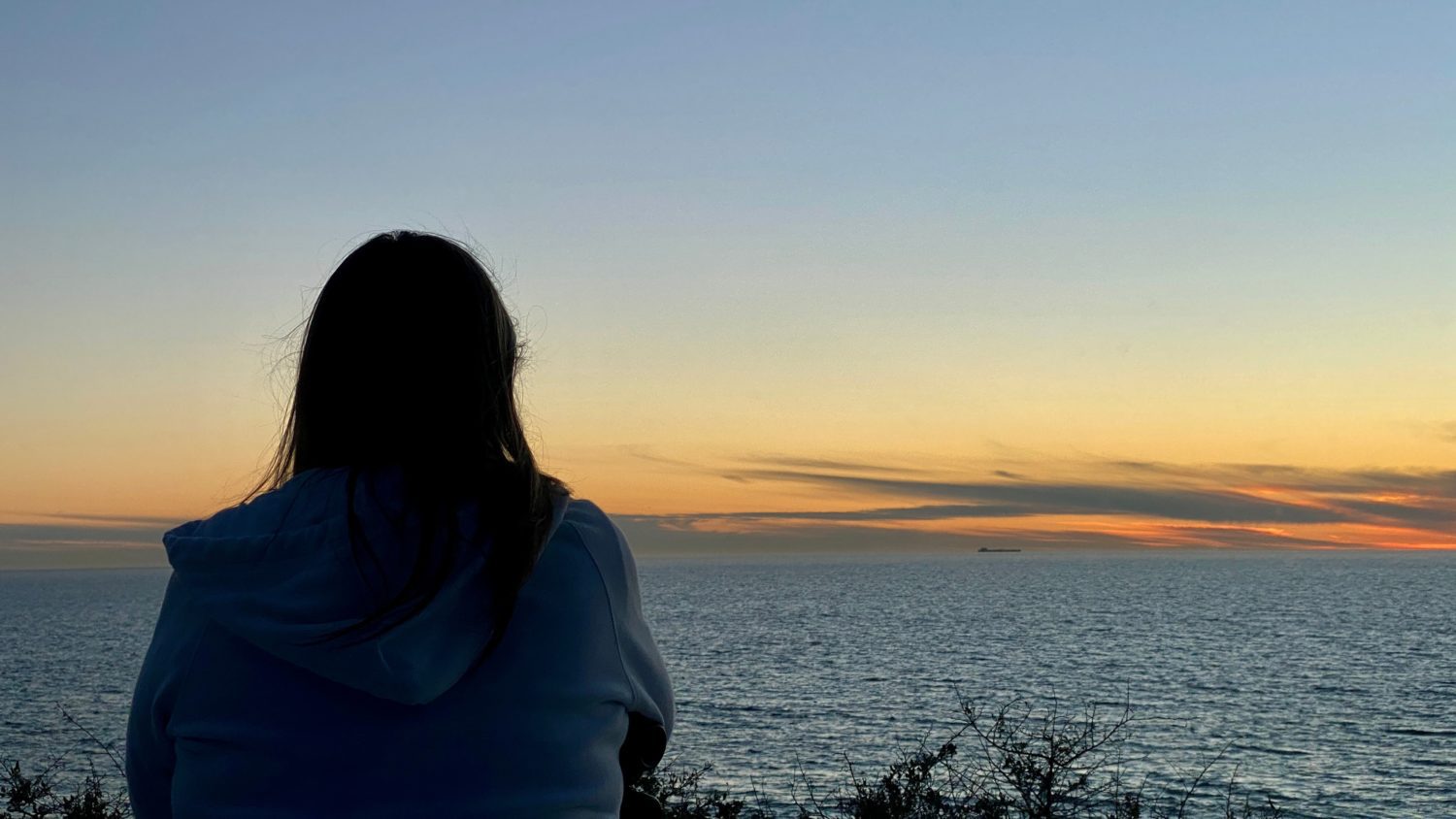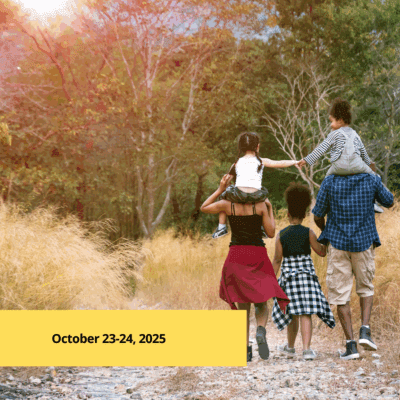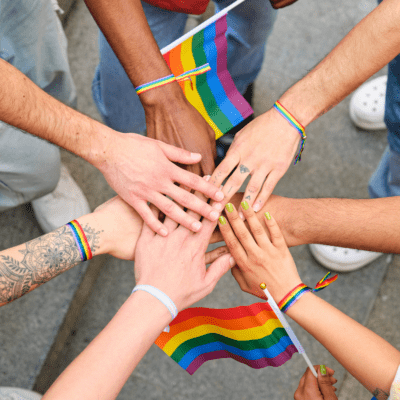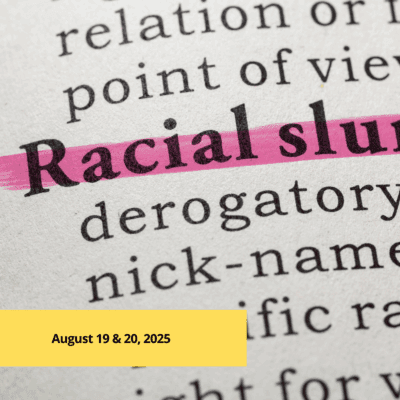Description
As a result of their dehumanized status within Canadian society, Indigenous women, girls, two-spirit, and trans women experience disproportionate rates of violence over the course of their lifetimes. Though Indigenous Peoples only make up 4% of the Canadian population, Indigenous women and girls represent 50% of all sex trafficking victims, although they remain largely invisible.
In this training the trainer will present preliminary thematic findings from a qualitative research project conducted with Indigenous trafficking survivors and professional social services providers in Toronto, Ontario. According to the findings of this research, Indigenous women, two-spirit and trans women survivors of human trafficking are the most vulnerable population, access mainstream services the least, and present with the most complex trauma and life circumstances. This research also indicates that all human trafficking victims were targeted as youth, and in some cases by family members and others by strangers. How exactly this trafficking and exploitation manifests for Indigenous youth, what it constitutes, where it takes place, and what the risk factors are will be elaborated upon.
Topics to be explored through the stories of Indigenous women, two-spirit, and trans women:
- Pathways into Trafficking
- Collective/Intergenerational Trauma Caused by Systems of Colonization
- Uniqueness of Two-Spirit/Queer/Trans Experiences
- What Helped Victims Get Out
- Healing Journeys
This will be followed with a discussion on grassroots solutions for necessary systemic change that emanate from Indigenous communities and the need for Indigenous led ongoing research.
Learning Outcomes
- Identify the unique roots, based on colonization, of human trafficking for Indigenous populations.
- Recognize the prevalence of and risk factors for the human trafficking of Indigenous youth.
- Examine the research on the victims of human trafficking and those who offer services to assist them.
- Understand the need for Indigenous led responses to human trafficking.
- Achieve a level of appreciation of Indigenous research approaches.
Who Should Attend
This training is recommended for those in the helping professions who offer counselling and support to Indigenous girls, women, 2-Spirit and trans women. As well as individuals who are or have been impacted by sex trafficking as well as their families. The information is also helpful for those working in homelessness/housing, with street involved youth and those living in group homes, child welfare, substance misuse, family violence, policing, prevention, and anyone who is interested in understanding the seriousness of the sex trafficking of Indigenous people.
Course Dates & Format
There are no scheduled dates for this course at this time, however in-service is available.
This is a 6-hour training. This course consists of two 3-hour interactive virtual sessions using Zoom.
Instructor: Cyndy Baskin, Ph.D.
Cyndy Baskin is of Mi’kmaq and Celtic descent. Her clan is the fish and her spirit name translates to “The Woman Who Passes on the Teachings”. Cyndy started as a Social Worker and is now an Emeritus Associate Professor in the School of Social Work at Toronto Metropolitan University. Her teaching, research and writing interests involve how Indigenous worldviews can inform education, spirituality, anti-violence, mental health and decolonizing research methodologies. She conducts training in diverse areas for both Indigenous and non-Indigenous service providers and educational institutions.
Training Fee
Member Fee: $195.00 + $25.35 (HST) = $220.35
Non-Member Fee: $235.00 + $30.55 (HST)= $265.55
Group Registration: Save 20% off individual fees with a group registration of 4 or more participants. Download the group registration form HERE.
Continuing Education Information
Licensing boards and professional organizations will grant Continuing Education credits for attendance at their discretion when participants submit the course outline and certificate.
In-Service
This is available as an in-person or virtual in-service training and customized to suit your needs.



